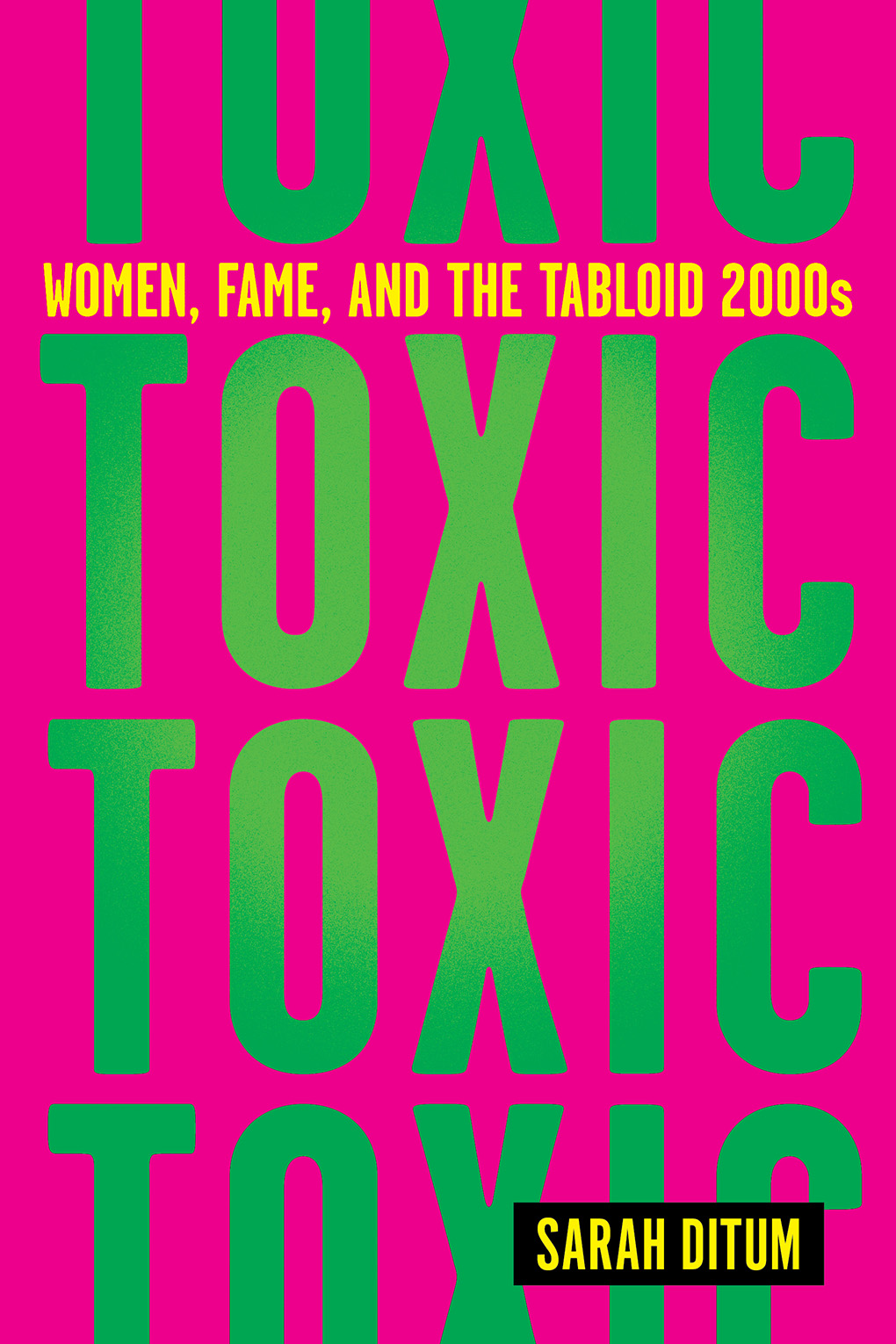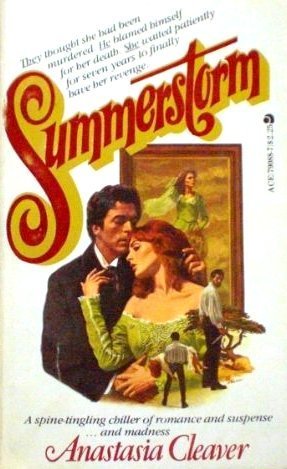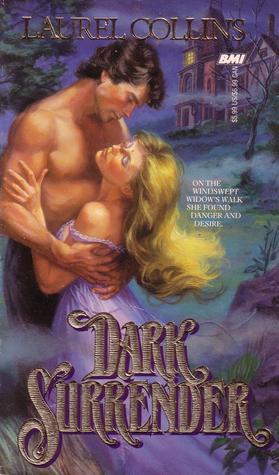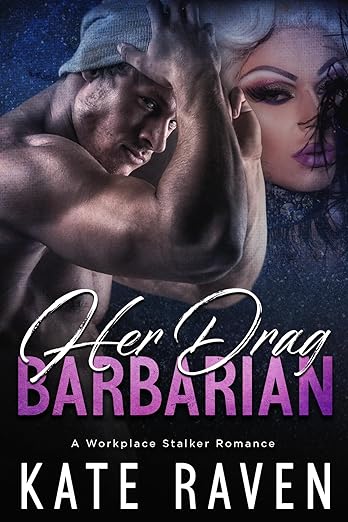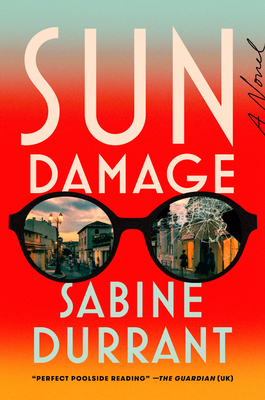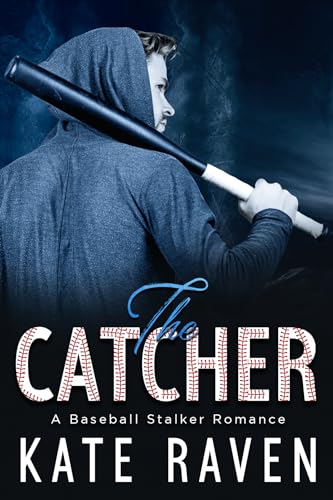The intersection of feminism and pop-culture is one of my favorite topics because so often, when we see popular opinion pieces about pop-culture, the story is told from and about the cisgendered (and mostly white) male perspective. TOXIC was of particular interest to me because I came of age in the late 90s/early 00s, and that shit was toxic as fuck. I am
still to this day unpacking some of the harmful messages that I ended up internalizing during that time period. And I don't think anything shows those unattainable and shameful standards for women quite as well as how the media talked about certain celebrities, who either couldn't or didn't want to follow the "rules."
I have mixed feelings about TOXIC because while the subject matter was interesting, the way the author talked about some of these women left a bad taste in my mouth. Take the Britney chapter, which dates itself because it came out pre-Britney memoir: the tone of the essay, while sympathetic, feels patronizing; and in retrospect, some of her remarks about Britney feel quite callous and at times even cruel, such as her analysis of the music video "Everytime." Ditum seems to take it as a mournful song about a breakup, but now we know that it's a heart rending ballad about the abortion Justin made her get that she wasn't allowed to talk about.
The section about Paris reads more positively, but suffers the same limitations because it also came out pre-memoir (her most recent one, I mean; she has two). I liked this chapter a lot because I really like Paris Hilton and I think the author, to her credit, really manages to capture how clever and self-effacing Paris is. However, the essay about Aaliyah was painful to read. Mostly because the focus of the essay is not so much about Aaliyah herself but how she was a victim of grooming. R. Kelly is more prominently discussed in this essay than she is, and the way Ditum talks about her, like a helpless martyred waif who was frozen in time like a bug trapped in amber, made me so upset.
I don't feel like the Amy Winehouse and Kim Kardashian chapters were very well done at all. Neither of those essays really capture how dynamic and conflicting those women are. Kim Kardashian seems to be a celebrity that people really struggle to write about because I've noticed this is a theme in other celebrity-focused books I've read. I think it's really difficult to juggle the fact that while she portrays herself as a selfish and vapid celebutante, she is an expert deflector, and she and her mom have turned their name into both a brand and empire. She also is the recipient of a metric ton of shit talk. The way people talk about her and her body (particularly during pregnancy) can be so traumatic that I am honestly in awe that she can leave her house without crying (because that is what I would be doing if it were me). Amy Winehouse was a similar recipient of that level of hate, especially in the late aughts and early 2010s. And, like, I really don't think this essay captures how she was basically destroyed by her fame; addiction almost felt like her way of self-medicating from the stress she received from being in the public eye and that is devastating. It feels very Valley of the Dolls, which basically had the message that the standards are women are such that to make do, you have to be drugged up... or perish trying.
I didn't really care about the two essays on Jennifer Anniston and Chyna, so I skimmed those.
TOXIC said some interesting things and reminded me of some very disturbing aughts trends that I'd half-forgotten (like Tila Tequila), but I'm not sure I'd recommend it unless you are just really interested in 2000s celebrity culture and want to read about it in a book that almost seems to emulate the same gossipy tabloid formula that it sets out to criticize.
3 out of 5 stars



